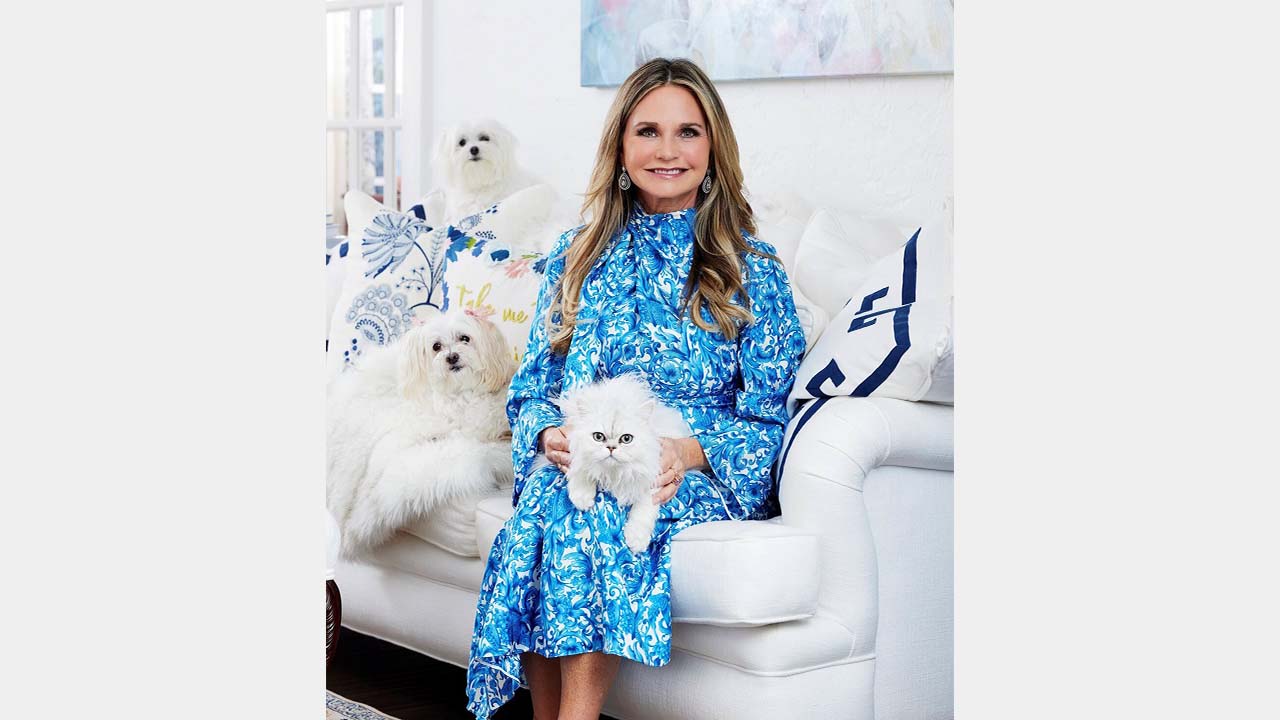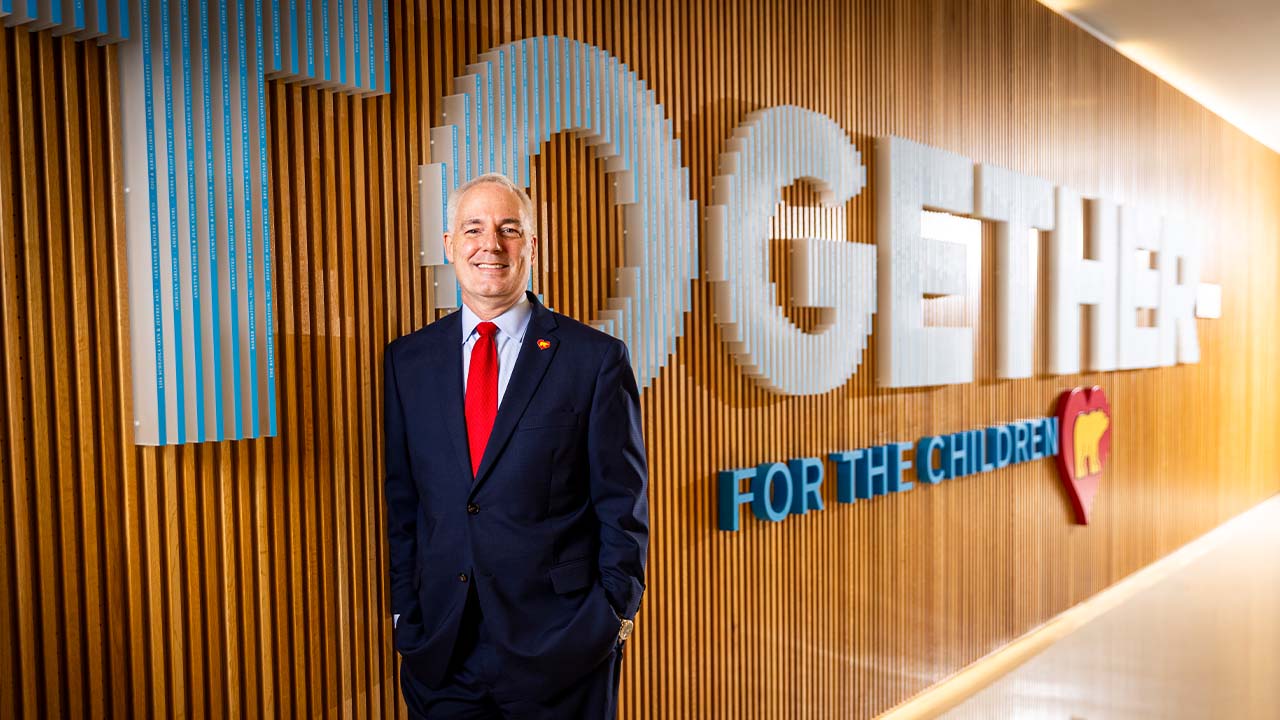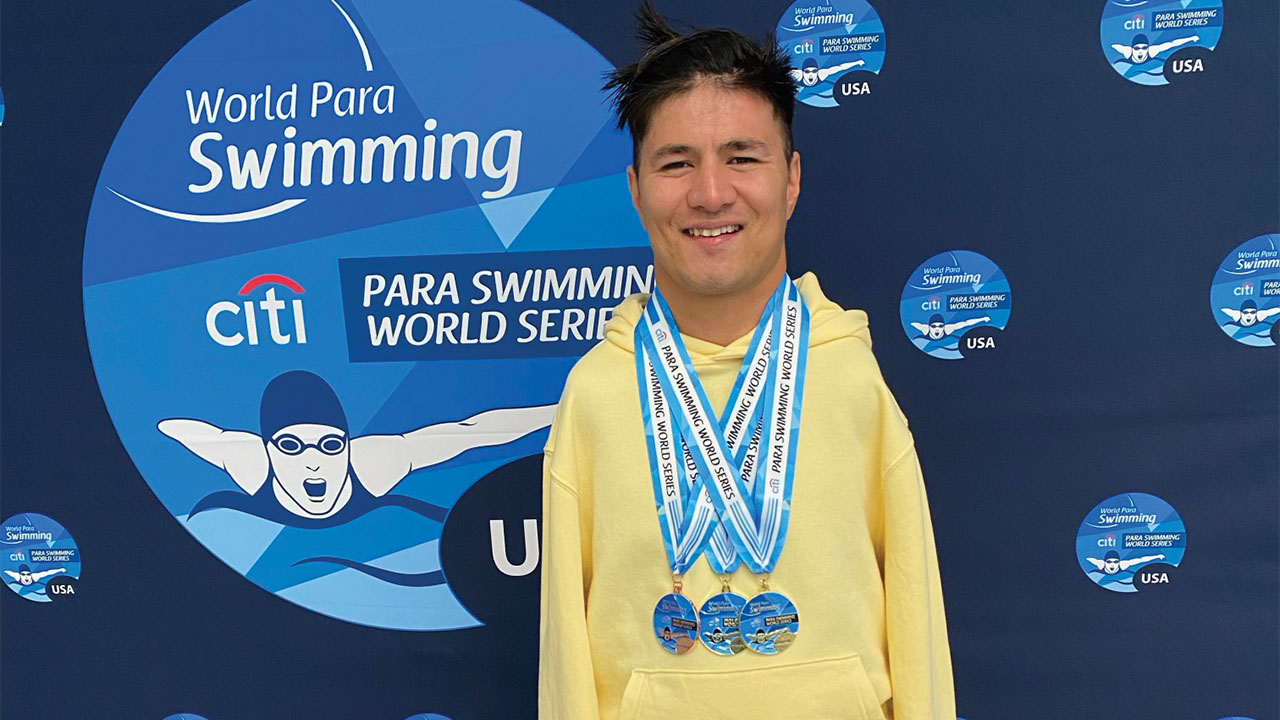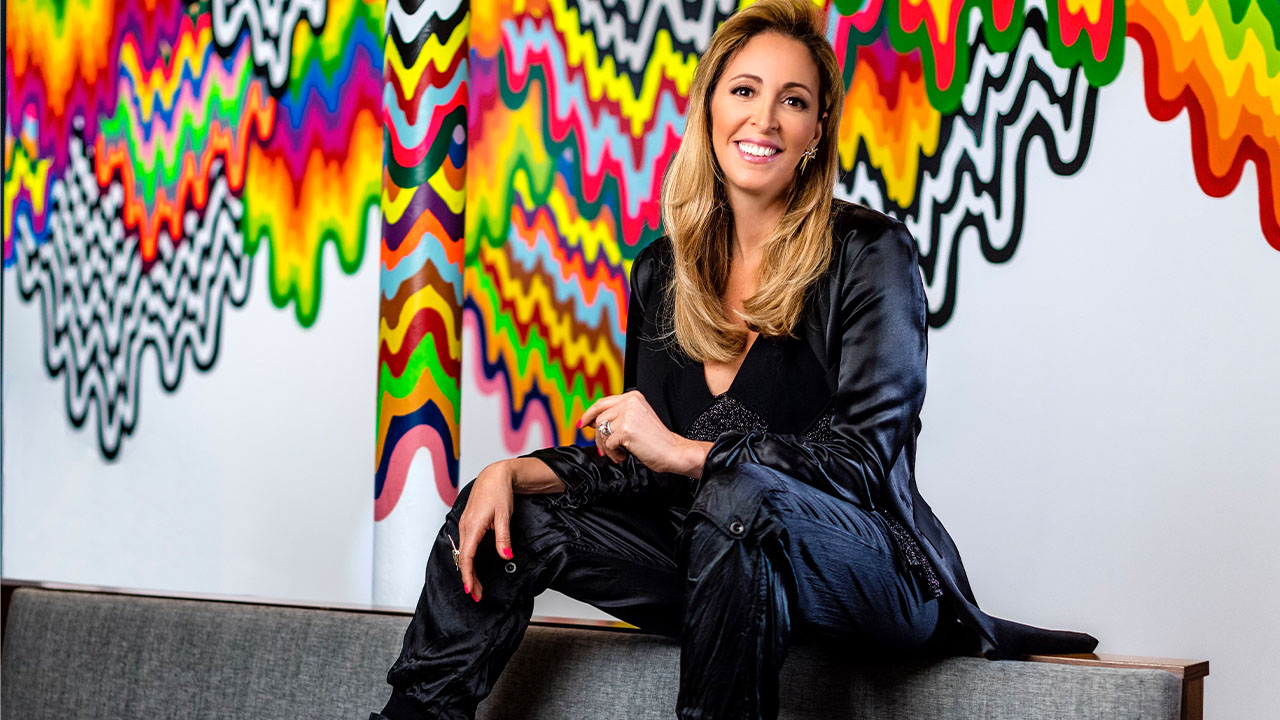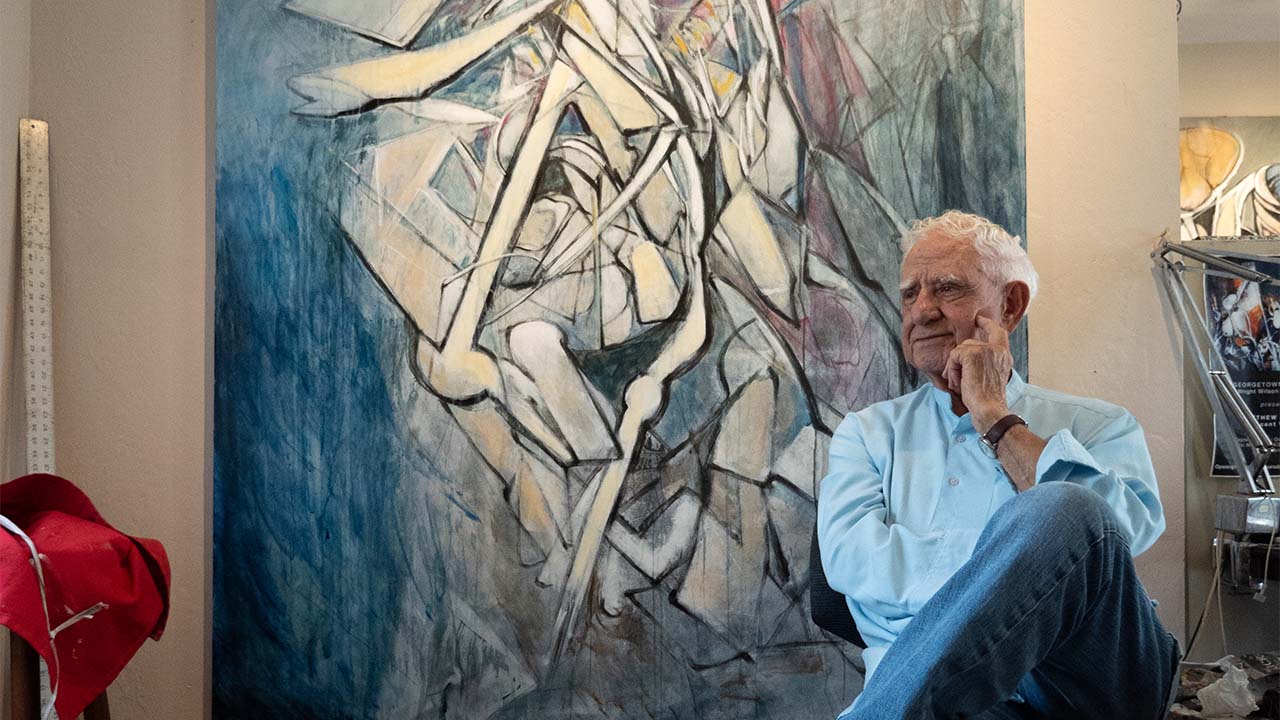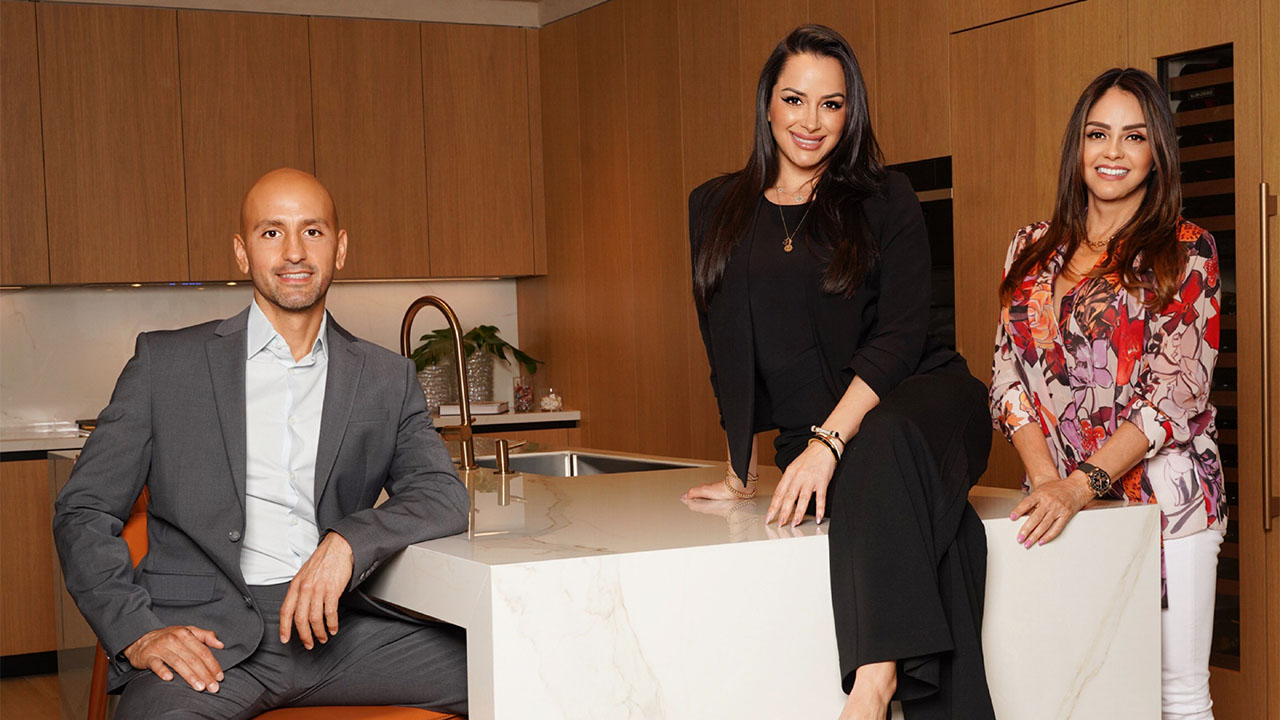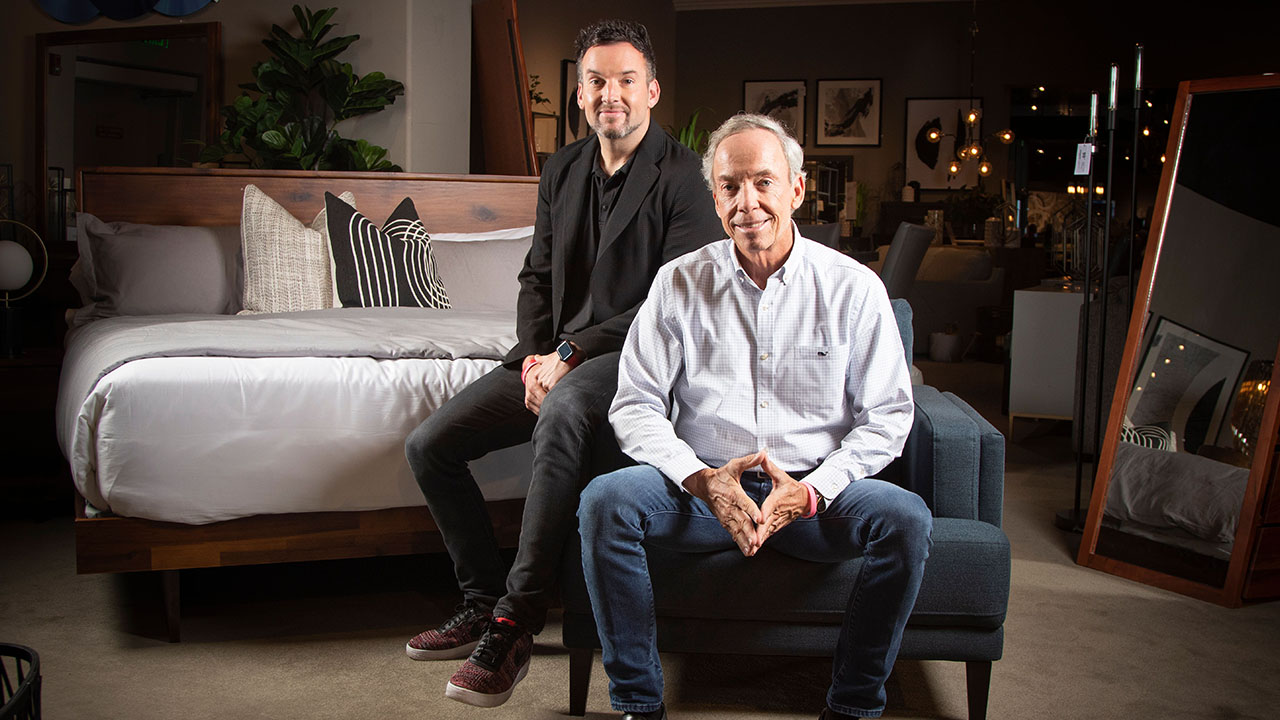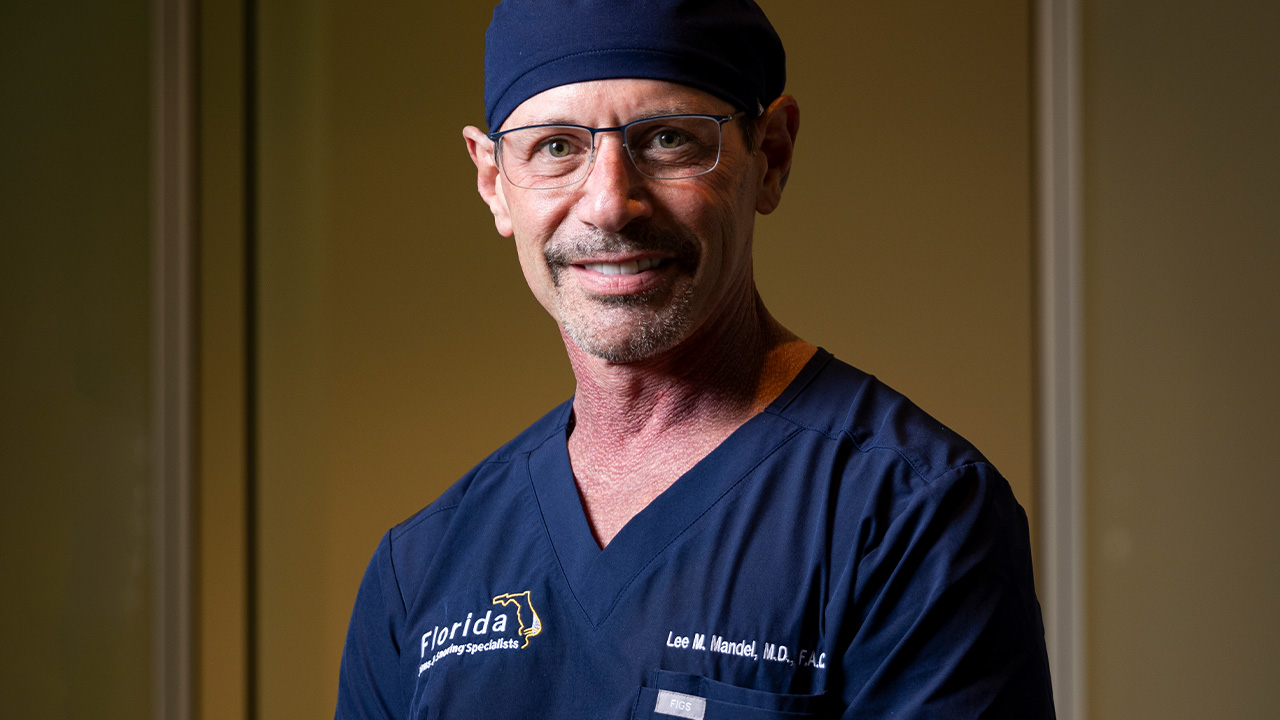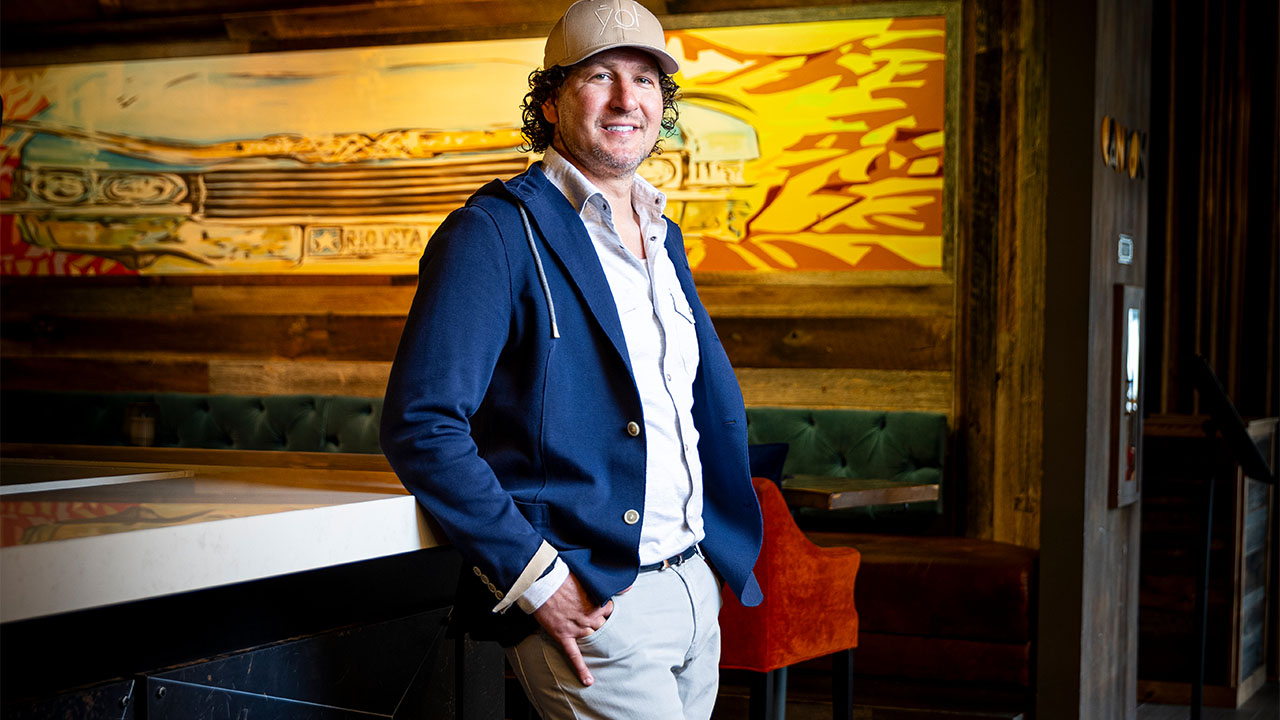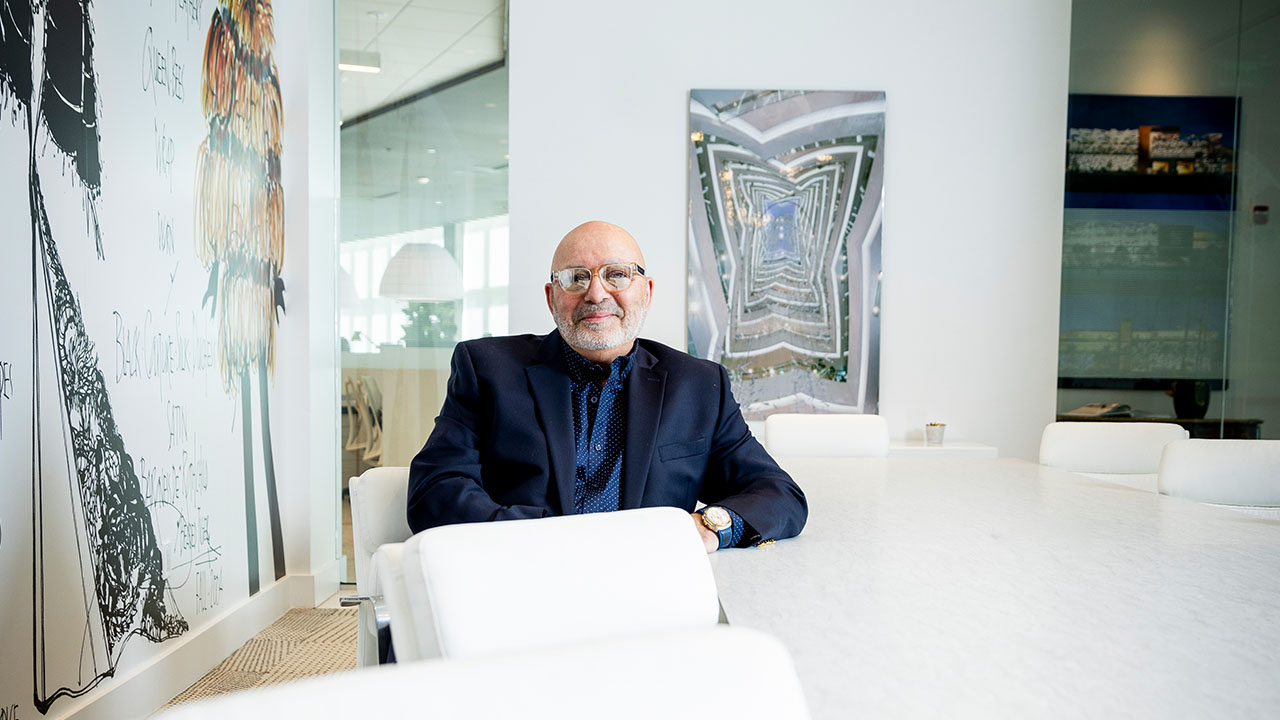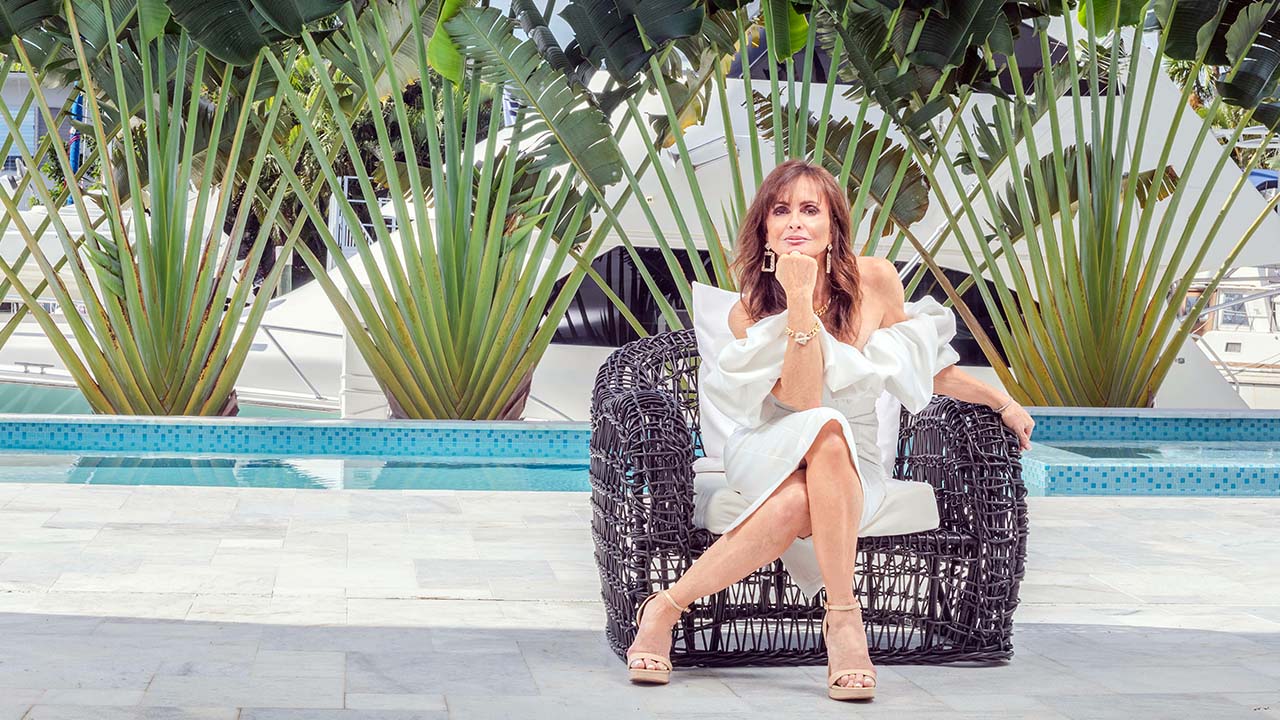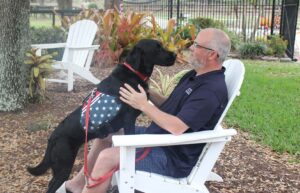 In the decade-plus since she began her game-changing tenure as president of the country’s first national humane organization (which debuted in 1877) not a day goes by where Robin Ganzert doesn’t wake up feeling blessed.
In the decade-plus since she began her game-changing tenure as president of the country’s first national humane organization (which debuted in 1877) not a day goes by where Robin Ganzert doesn’t wake up feeling blessed.
“We provide a voice for the voiceless,” says the resident of West Palm Beach, who was appointed CEO of American Humane in 2010. “I think about that every morning: How am I going to use my platform to make a difference for animals?”
Not only has Ganzert’s advocacy led to system reform, unprecedented humane certifications and innovative programs for animals—under her leadership, American Humane has experienced a 2,000-percent increase in the number of animals protected—it’s also had meaningful impact for humans. Look no further than the Pups4Patriots initiative that launched in 2015, providing service dogs for military veterans struggling with post-traumatic stress.
Ganzert touched on recently unveiled plans in Palm Beach County to further serve the nation’s wounded warriors—as well as other life-saving efforts by American Humane—in this interview with Lifestyle.
As you’ve described, American Humane has had “boots on the ground” in times of natural disasters dating back to World War I. Can you describe those efforts?
Every disaster is different. Recently, five tornados went through a rural area in Georgia, and the local animal shelter there was overwhelmed. So, we went in and created a second temporary shelter to serve the animals displaced by the tornados.
We identify, first, whether the animals are owned. If so, we make sure they have appropriate and necessary medical care, whatever we can do to keep the animals healthy while the owners are recovering. If the animal is truly astray or has been abandoned because of the storm, we try to find it a forever loving home. We hold adoptions about 45 days after the disaster if the animal has not been claimed or if we can’t find the owner. Or we can transfer that animal to a shelter that has availability.
People may think rescues only involve domesticated pets, but American Humane doesn’t stop there, correct?
Last year in Florida, our rescue teams were deployed into the heart of Hurricane Ian’s damage. It was so dangerous; volunteers and staff were in floodwaters up to their chest, with debris float all around, trying to save animals’ lives. [Along with cats and dogs], we rescued horses, cows, goats—even a flock of chickens that were displaced from a barn. All sentient beings deserve humane treatment and a humane life.
How did COVID both challenge the animal community—and create opportunities for pet owners?
During the pandemic, we found that shelters in the big urban areas were emptied. People staying at home, people who were socially isolated, wanted a companion.
On the flip side, many rural shelters were full. For shelters that weren’t experiencing adoption rates that urban areas were experiencing, we provided a “feed the hungry” fund. American Humane provided more than 1 million meals to animals in shelters during the pandemic, just as a release valve for the expenses that so many of these local shelters were feeling. They couldn’t fundraise through galas and events because communities were shut down. We were very proud to offer numerous grants to shelters in need.
How is having a pet in your life beneficial when it comes to mental health and some of the tentacles connected to that?
A pet can help by providing unconditional love; that benefit alone can give you a reason to get up in the morning and add intention to your day. That pet relies on you for food and care and affection. In return, you receive that love back in an exponential way. Many people dealing with mental health challenges need that push, that purpose. Pets can provide that.
It’s been shown in clinical trials: When you pet a four-legged creature, your stress levels, your cortisol [stress hormone] goes down. The chemicals in your body truly are relieved when you have a pet in your life.
This goes even further with PTSD [post-traumatic stress disorder], the invisible wounds of war from which so many veterans suffer. Our Pups4Patriots program, which launched in 2015, provides a dog specially trained in alleviating PTSD and traumatic brain injury symptoms with our wounded warrior population.
Speaking of service dogs, the American Humane Sanctuary in West Palm Beach is scheduled to open in early 2024. What can you tell us about the facility and its intent?
It’s a private sanctuary of 10 gorgeous acres. The home includes temporary bedrooms for veterans, who will be able to stay at this serene retreat for the sole purpose of being matched with their service dog. There will be dog trainers and a psychologist involved to ensure that the vet is perfectly matched to their service dog in the hopes of reducing the need for medical intervention—and, certainly, to reduce feelings of suicide ideation.
We’ll also be building animal residences—canine condos—where we’ll be able to bring in service dogs for training. We have mutts who make great service dogs, and golden retrievers and black labs who make wonderful service dogs. And we’ll have puppies being raised as service dogs.
We hope to expand the program to provide service dogs for first responders, who also are exposed to triggers that lead to post-traumatic stress. We want to be a service provider for those who are on the front lines of making our communities and country safe.



